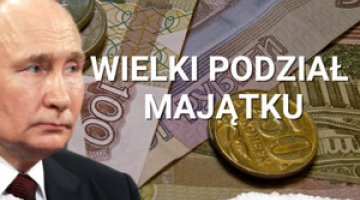Russian Federation: Gazprom – optimism despite the crisis
Gazprom’s Annual General Meeting on 25 June saw no changes in the makeup of the company’s management. Despite the worst production and financial results in recent years, Gazprom did not announce any serious revision of its policies. However, unfavourable changes on the European gas market, including increasing competition among gas suppliers, will most likely force Gazprom to make further changes to its investment programme, and to make its formulas for contracts and its pricing policy more flexible.
The data from the annual report accepted at the AGM confirm that the global economic crisis also hit Gazprom hard. In 2009, the company noted the lowest level of gas extraction in its history (461.5bn m³, compared to 549.7bn m³ in 2008), a significant drop in its exports to Europe, of about 12% compared to 2008 (140.2bn m³ within its long-term contracts), as well as the lowest income from exports onto the European market since 2004 (around US$37bn in 2009, compared to ca. US$42bn in 2008). With the fall in demand for gas caused by the global crisis, and the simultaneous jump in the offer of cheaper liquefied natural gas (LNG) on the spot market, Russian piped gas transmitted as part of its long-term contracts has lost its price competitiveness. This has forced the company to agree to renegotiate the conditions of its contracts with its principal customers, and to make relative reductions in its prices. The fall in the company’s income, and its ongoing serious indebtedness (over US$60bn, according to the consolidated financial statement for 2009) has caused a reduction in the planned investment budget of 30%, mainly at the cost of postponing deadlines for completing extraction projects (including the Yamal and Shtokman fields). However, expenditure on strategic pipeline projects (including the Nord Stream and South Stream) in the budget has remained at the level which was originally planned. This decision, as well as the optimistic forecasts of a rise in export of Russian gas in the next few years (up to 224bn m³ in 2012), result from the conviction of Gazprom’s board of directors that the current crisis is only temporary. <epa>





